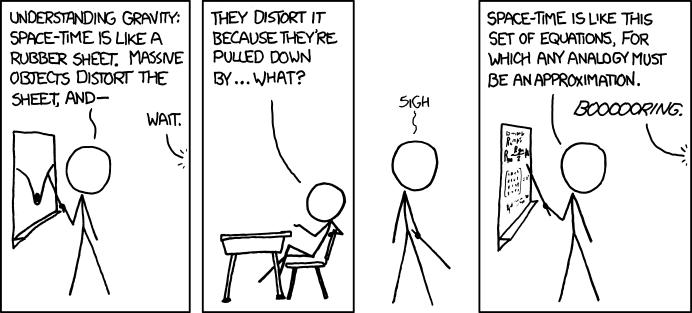Causality is the relationship between two events, where one caused the other (Cause and Effect, respectively). Cause must precede effect for causality to be maintained. Quantum mechanics is unique in so far as traditional causality is not necessarily present - many things in QM are indeterminate, operating randomly. Their behavior is described in terms of probability, although given that there are several types of "causes" as identified by philosophy this is contentious (there are reasons why things happen in a general sense, but the rate at which some things happen or the positions some things are in are seemingly random, non-caused). Note that when applied on a large scale, quantum mechanics collapses into classical mechanics, and things behave in accordance with relativistic principles (and as long as you don't get objects too fast or massive, even Newtonian ones).
Wormholes, as with any method of faster than light travel, will create problems maintaining the sequence of cause and effect because of the principle of relativity. This has been explained in this thread, and it's 2.40AM so someone else can take you through that if you need it.




